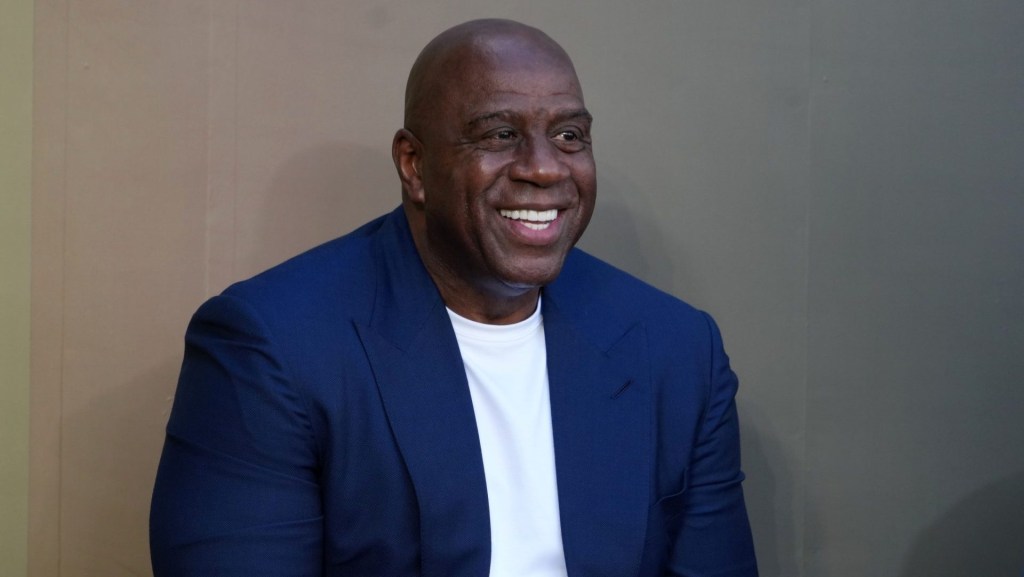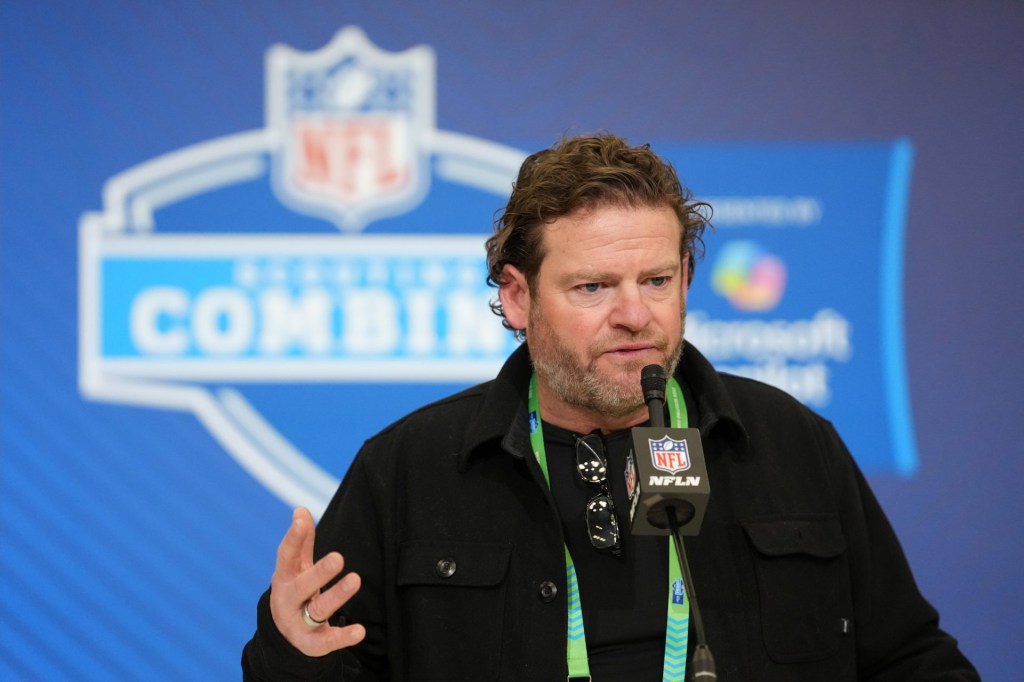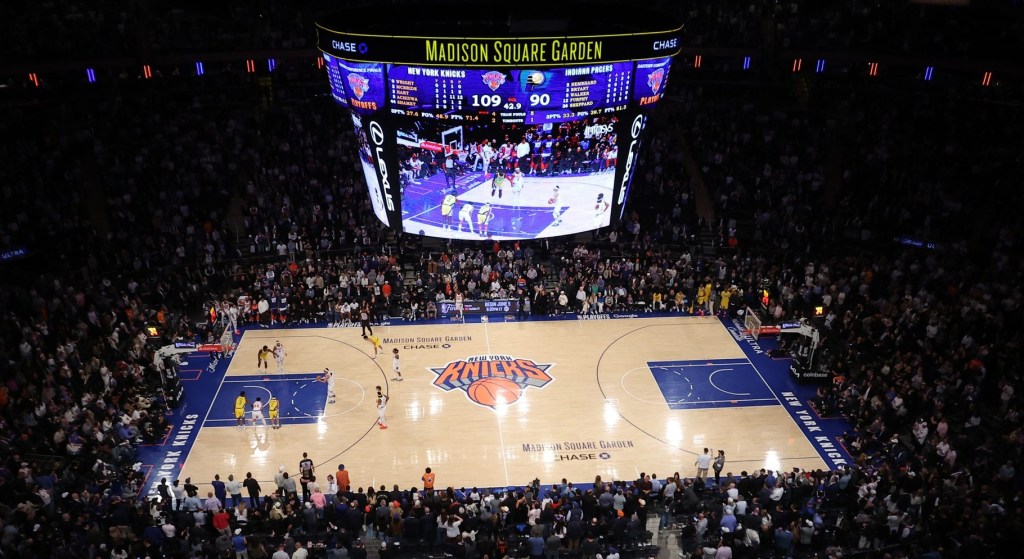The first rule of manipulating player service time is don’t talk about manipulating player service time.
In a video he wasn’t expecting to make the rounds on social media, Seattle Mariners President and CEO Kevin Mather spoke too candidly about the common MLB practice of delaying prospects’ Major League start dates.
The ensuing controversy, compounded by backlash to racist remarks about his own team’s foreign-born players in the same video, led to Mather’s resignation on Monday.
“There was no chance you were going to see these young players at T-Mobile Park [in 2020]…We weren’t going to start the service time clock,” Mather said at a Bellevue Rotary Club meeting. He joked that if the team had a COVID outbreak or rash of injuries, “you might’ve seen my big tummy out there in left field.”
Teams are entitled to six years of control over player contracts once they are on the Major League roster. But there is an easy, oft-criticized workaround to add a seventh year, often for the roster’s most crucial young stars.
- By keeping rookies in the minor leagues for the season’s first two to three weeks, teams prevent them from completing their first “season.”
- The most notable example was the 2015 Cubs, who were still a year from ending their World Series drought but didn’t start 2016 MVP Kris Bryant on Opening Day.
- Bryant filed a grievance which wasn’t settled until Jan. 2020.
Mather’s comments are likely to inflame an already-live debate over service time when MLB and its players’ association negotiate a new collective bargaining agreement before the 2022 season.
Many analysts predict there will be a lockout due to intractable differences between the two sides.


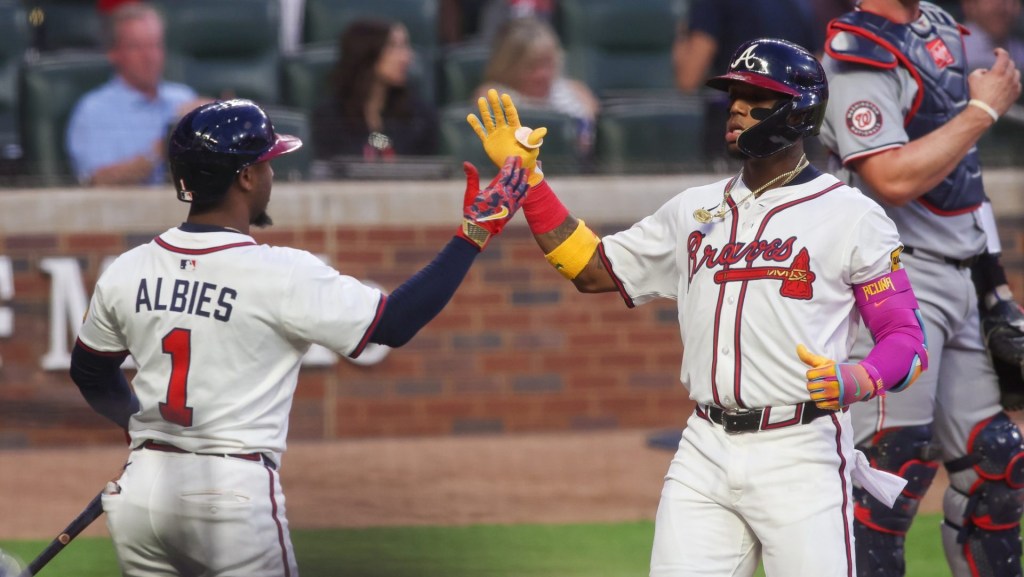
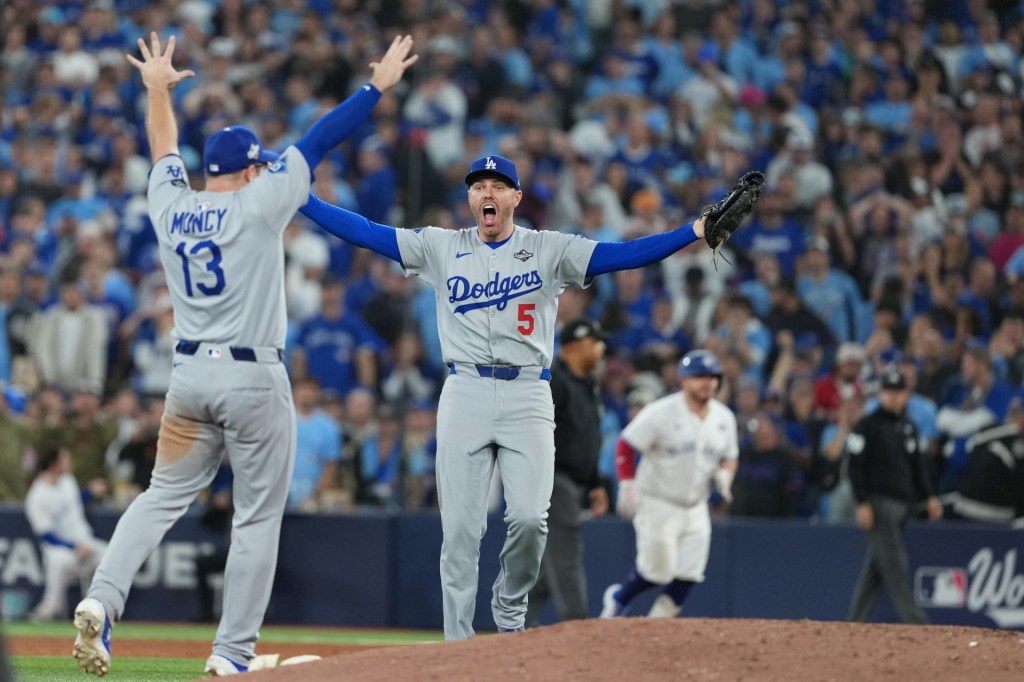
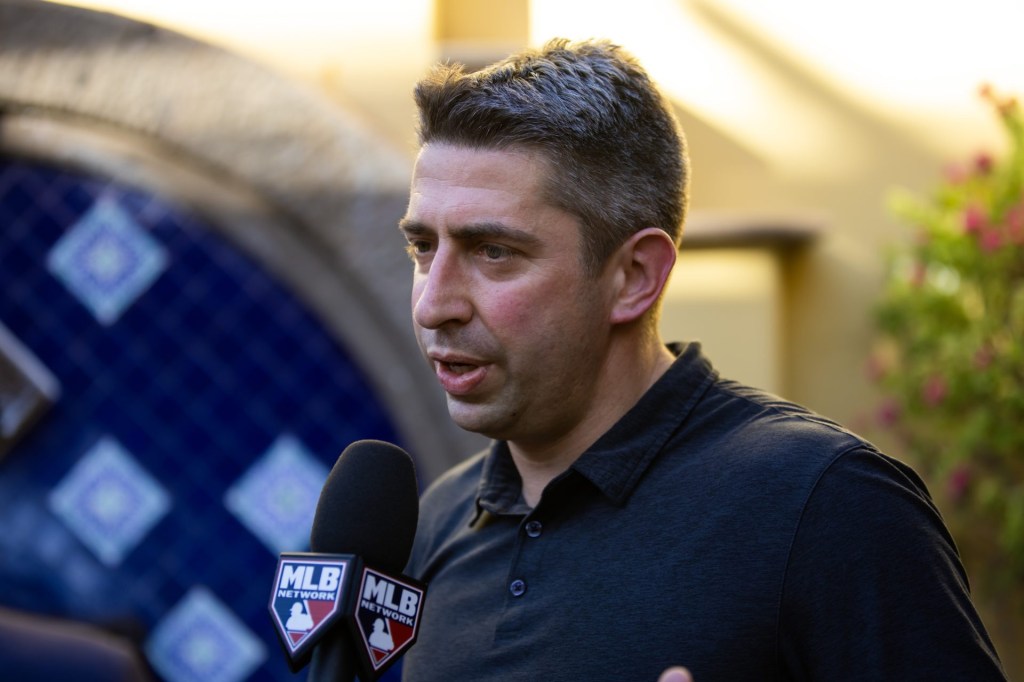
![[Subscription Customers Only] Jul 13, 2025; East Rutherford, New Jersey, USA; Chelsea FC midfielder Cole Palmer (10) celebrates winning the final of the 2025 FIFA Club World Cup at MetLife Stadium](https://frontofficesports.com/wp-content/uploads/2026/02/USATSI_26636703-scaled-e1770932227605.jpg?quality=100&w=1024)



